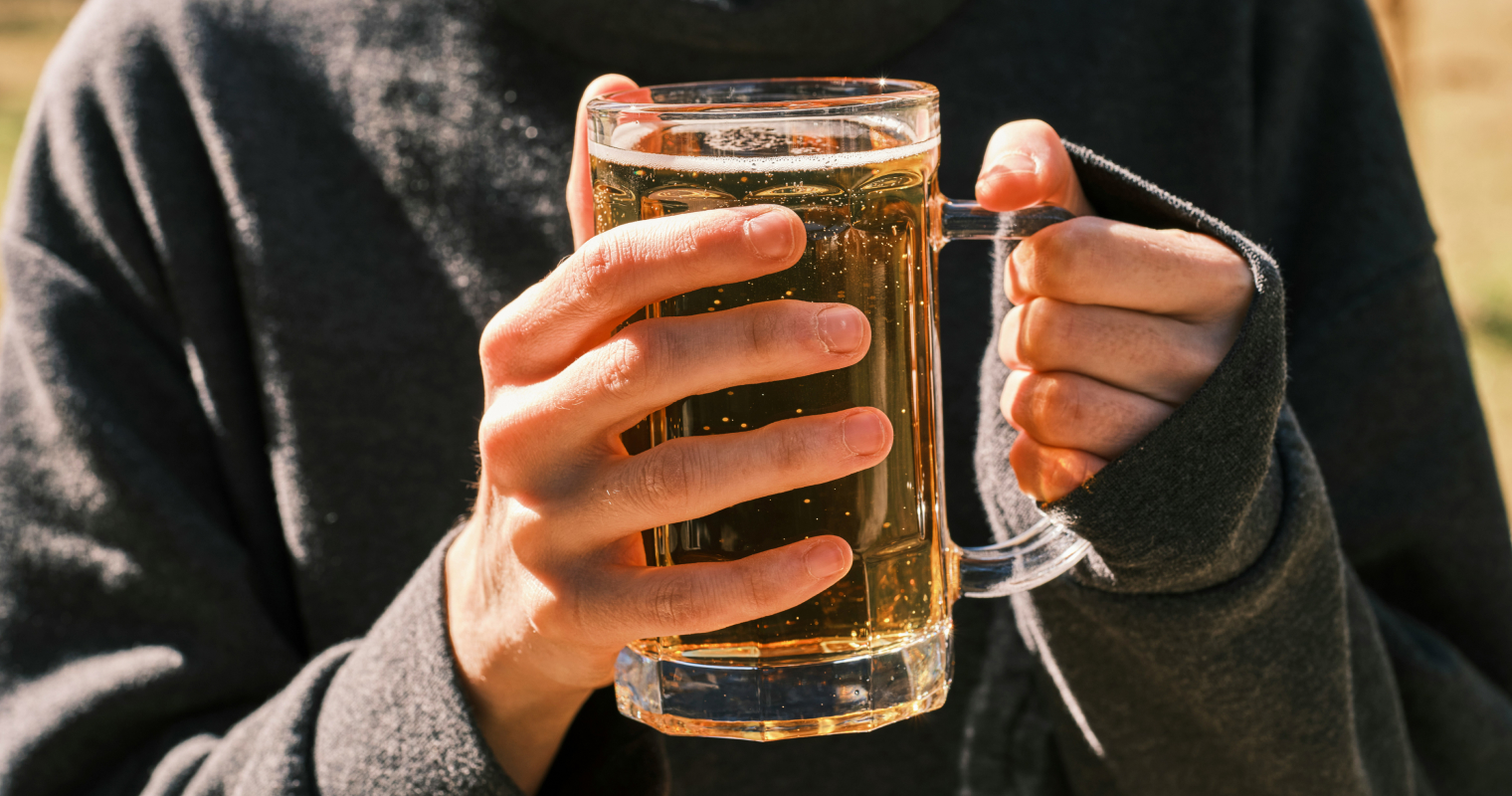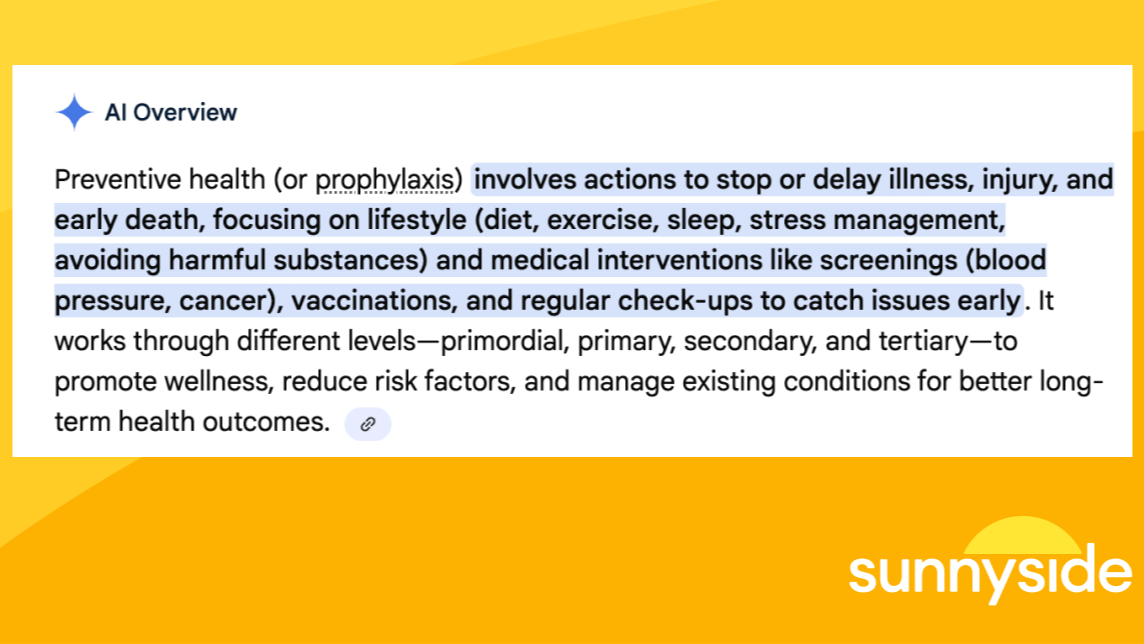Last Updated on February 18, 2026
When you start to drink mindfully, you may have big, wonderful moments of clarity and confidence. It’s easy to feel like you’ve unlocked a better version of yourself after a good night’s sleep, a relaxing weekend, or a pleasant, hangover-free morning.
But then… life happens. Stress builds. You have a bad day at work. “It’s just a few drinks,” you think. “I’ll figure it out tomorrow.” These rationalizations can feel sensible (and fun) in the moment, but they’re often the beginnings of self-sabotage.
Craving alcohol just about the drinks. It’s about relief, reward, and routine. But your cravings don’t have to dictate the choices you actually make.
Watch The Related Podcast
How Craving Alcohol Can Catch You Off Guard
You might assume that the longer you go without alcohol, the easier it will be to resist it. In some ways, that is the case. However, our brains are (annoyingly) wired to prioritize short-term relief, especially when feeling exhausted, stressed, or overwhelmed. In those moments, it’s easy to forget your goals, especially the progress you’ve already made towards them.
And when you slip up a little, it can feel very easy to just throw in the towel completely and give up on your mindful drinking aspirations. This is where self-sabotage often begins. Here, a mindset shift can be helpful: Your slip-up isn’t about being fundamentally weak or doomed to fail. It’s more about that moment of forgetfulness, that slight deviation away from your goals.
Psychologists call this the abstinence violation effect: the all-or-nothing thinking that causes people to spiral after a single, minor error. One drink turns into three. A night off turns into a weekend binge. Before long, you feel like you’re back at square one, even if you’re not.
But alcohol cravings don’t have to be your undoing. They can be your cue to pause, reflect, and choose differently. And one of the most powerful tools to help you do that is surprisingly simple: a letter to your future self.
The Future-Self Letter: Your Secret Weapon Against Alcohol Cravings
Writing a letter to your future self might sound hokey initially, but it’s a proven technique grounded in psychology. The idea is to write now, while you’re feeling grounded and empowered, to the version of you who might be struggling later. It’s a message from your highest self to your most vulnerable self—a reminder of what you truly want.
How to Write Your Letter
- Start from a high state.
Think back to a moment when you felt clear-headed and proud of your progress. Maybe it was during a pleasant morning walk, a journaling flow state, or a challenging workout. That’s the mindset you want to channel in your letter. - Speak in the second person.
Research on self-distancing shows that when we refer to ourselves as “you” (second person) instead of “I” (first person), it helps us make more rational decisions. It’s like getting advice from a trusted friend… that friend just happens to be yourself. - Make it personal and real.
Be honest. Remind yourself how good it feels to wake up without regret. Recall specific moments where you felt proud of skipping a drink or choosing connection over numbing out. - Acknowledge that you’re craving alcohol, and talk yourself through it.
Don’t pretend the craving doesn’t exist. Recognize it, and gently (or firmly) remind yourself that you’ve felt this way before, and you’ve gotten through it. You can again.
One option is to write different versions of your letter to read particular moods. For example, you could write an ultra-compassionate note, a tough-love, coach-style pep talk, and a short, pithy mantra, then refer to each as needed. Whatever works for you!
Why This Works: The Science Behind the Strategy
The future-self letter is more than just a motivational tool. It taps into several psychological principles that help you interrupt the craving cycle and make better decisions.
1. Cognitive Dissonance
When you behave in ways that conflict with your values, like drinking when you’ve promised yourself you wouldn’t, your brain feels that tension. Having a self-written letter at the ready helps reduce that dissonance by reminding you of your deeper goals and values.
2. Pre-Commitment
By taking the time to write down your intentions, you’re telling yourself that you’re someone who follows through. The more you practice identifying as this type of person, the more likely you are to act like them—which means you’ll act in ways that help you achieve your goals.
3. The Habit Loop
The moment you feel yourself craving alcohol is part of a habit loop: cue → craving → response → reward. When you reread your letter, you interrupt the space between craving and response, giving yourself space to choose a different reward, like self-respect, clarity, or connection.
Alcohol Cravings Don’t Define You
Remember: Alcohol cravings are a regular part of the process of changing your habits. They do not mean that you’re failing. They’re not a sign that you’re weak. They’re simply your brain responding to old patterns. What matters is what you do with them.
When you prepare in advance—by writing to your future self—you give yourself a chance to step off autopilot and make a conscious choice.
And over time, those small choices add up.
Make It Practical: Keep Your Letter Close
Once you’ve written your letter, keep it somewhere accessible. You could save it in your phone’s notes app, email it to yourself, record a voice memo, or even take a photo of a handwritten note. The goal is to make it easy to reach when the feeling of craving alcohol strikes.
You might even consider writing multiple versions for different scenarios:
- A “weekday stress” version for when you’re exhausted after work
- A “social setting” version for when everyone around you is drinking
- A “lonely night” version for when you feel isolated or bored
By preparing for these moments, you build resilience and make it easier to stay on track.
When it Comes to Alcohol Cravings, Favor Progress, Not Perfection
You’ve already proven that you can make different choices—every craving you’ve resisted, every morning you’ve woken up proud, every time you’ve said “not tonight” is evidence of your strength. The future-self letter is simply another way to tap into that strength when it matters most.
So the next time alcohol cravings show up, you won’t need to rely on sheer willpower. You’ll have a guide. A message. A reminder from the version of you who knows what’s possible.
Write your letter today. Keep it close. And when the time comes, let your own words lead you back to the life you truly want. Kick off your mindful drinking journey with a 15-day free trial of Sunnyside.





